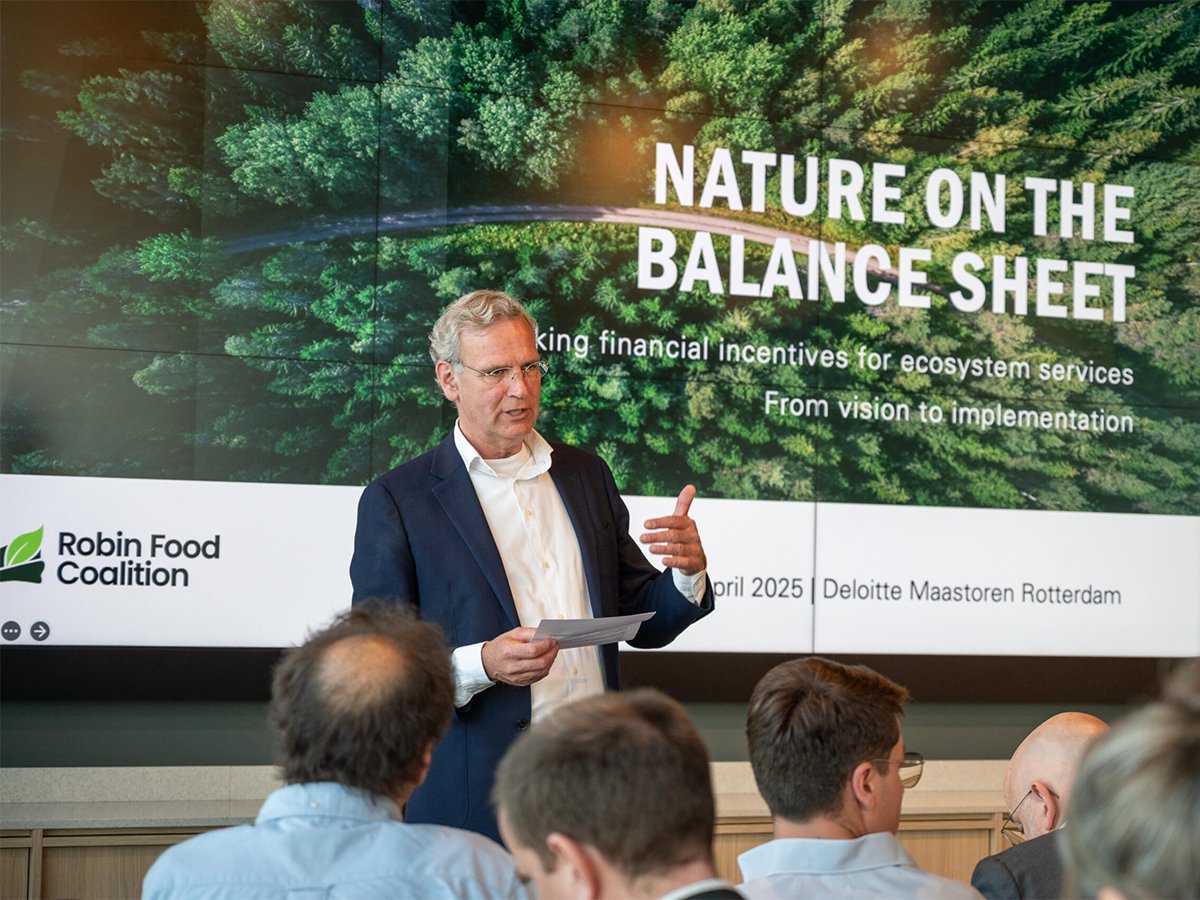MANITOU SPRINGS, Sask. – Farmers should get out of their rubber boots and into their suits to sell their story to urban audiences, says a lawyer.
Unless the majority of Canadians understand the value of common farming practices, they will pass laws limiting them, said Julian Bodnar.
At the Saskatchewan Women’s Institutes annual meeting last weekend, Bodnar was one of four on a panel discussing farming into the 21st century. How farmers handle the environment and their livestock will be
issues, the panelists said.
Read Also

Activist urges new way to measure profitability
Organic activist praises Mark Carney for spearheading the Task Force on Climate-related Financial Disclosures.
Bodnar said signs of this are the province’s Agricultural Operations Act that defines under what circumstances people can farm, as well as dealing with nuisance suits, the bankers’ use of environmental audits to help determine loans and the clean-up requirements for the oil and gas industry.
He told SWI members about a Yorkton couple who sold a quarter of land for $100,000 to an Indian band. This required an environmental audit which revealed two leaking underground fuel tanks. The clean-up bill levied against the couple was $90,000.
Susan McArthur, a Watrous area farmer, said farmers in eight local municipalities did a project to collect used oil and oil filters. Their pilot project funded by the provincial-federal Green Plan program collected 46,000 gallons of used oil and 110 barrels of used filters for recycling. It also became a model as the Saskatchewan government sets up similar depots over the next three years.
“If we don’t look after the air and land and water we have, who will?” said McArthur.
Defend yourself
It is the same situation for farmers with livestock who must speak out or risk ceding public support to animal rights activists, said veterinarian Eugene Janzen. He said city people must be told that farmers don’t harm their animals because that hurts their profits. Even at the vet college 90 percent of students come from the city and carry society’s attitude that animals are like humans.
“They’ve grown up on a diet of Walt Disney and James Herriot,” said Janzen.
Speaking for the Foundation for Animal Care in Saskatchewan Inc., he said the group has budgeted $90,000 to counteract the misinformation put out by animal rights groups that have millions of dollars.
Brad Wildeman, president of the Lanigan feedlot and ethanol plant Poundmaker Ag Ventures, said the facility makes money on its recycling. The grain byproducts from the alcohol fermentation process are fed to the cattle, whose manure is spread over thousands of acres to grow the barley that feeds them and produces ethanol.
Manure removal costs the facility half a million dollars a year but it must be done right so others don’t complain about odor.
All the animals are individually eartagged to allow followups on medical procedures and ensure proper drug withdrawal times for food safety.
When it comes to animal rights, Wildeman said it is important
to answer all questions so no doubts remain about why and how animals are treated.
The Poundmaker plant gets about 90 tours a year and Wildeman said they are all accompanied by some staff member to respond to issues as they arise.
When SWI member Susan Munchinsky asked why food production has become so political, Janzen said it is the result of living in an affluent country – “we can fuss about everything.”
Wildeman said farmers should be proactive since people want the information.
“For many that is closing the
farmgate and barring it. I don’t think that’s the answer. … We need to tell our story.”
When member Karen Vesey asked about environmentalists’ need to preserve burrowing owl sites versus ranchers’ grazing rights, Janzen advised there may be some sites ranchers should give up.
“You want to pick your fights wisely,” he said. “Accept you can’t win them all and society has more interest in some issues than the cattle industry.”














